When Is It Time to Replace LED Lighting?
Most LED fixtures have a lifespan of around 50,000 hours. However, dimmable LEDs have an estimated lifespan of up to 100,000 hours. How long the bulbs last in your facility depends on usage. For example, hospitals are open 24/7 and LED replacements might be necessary every six years. Offices can go up to 15 years before replacements are necessary.
What Affects the Lifespan of LED Fixtures?
How many hours LED lights are on, along with how often the fixtures are turned on are two factors that affect their lifespan. Other factors include,
- Poor bulb quality. While most LED manufacturers use quality materials, it doesn’t apply to everyone. Material defects can significantly shorten the fixture’s lifespan.
- Electrical overstress (EOS). EOS occurs when the bulb is receiving more power than the maximum recommendation. Errors during installation, poor bulb design, and sub-quality drivers are common reasons for the issue.
- Heat and moisture stress. LED lights operate at a cooler temperature than incandescent bulbs. However, exposure to extreme temperatures of high humidity can shorten their lifespan.
To learn more about an LEDs lifespan, we suggest reading, Understanding LED Lifespan. An in-depth blog designed to walk you through what you can expect from a quality LED.
Replacing LED Lighting – How to Know When It’s Time
It’s easy to know when it’s time to replace incandescent lighting. The bulb suddenly doesn’t turn on. LEDs are a little different. Instead of suddenly going out, the bulbs produce dimmer light. It’s the first sign it’s time to consider investing in an LED lighting replacement project.
As LEDs start to dim it can result in headaches and eye strain for employees and visitors. Productivity often decreases and even employee safety can be impacted.
To ensure your LED fixtures are functioning optimally, you want to work with an experienced distributor and installer to determine the life expectancy of your lighting system.
How to Transition to Next Gen Lighting
LED technology is evolving. Integrating LEDs into older fixtures was the standard around 10 years ago, but technological advancements are changing how LED lighting retrofits are performed.
Instead of using old fixtures, new ones are a part of the LED lighting replacement process. It helps to optimize efficiency and operation. Facilities that are not ready to replace outdated fixtures, will want to work with lighting specialists as they are choosing their LED lighting solutions.
Is Your Facility Due for A LED Lighting Replacement?
If your LED lights are ten years or older, it’s a good idea to talk to a lighting specialist. LED upgrades are improving operation and efficiency, which translates into energy savings and increased employee productivity.
Talk to one of our lighting experts today to learn more about the advancements in LED lighting, and how next gen LED lighting can benefit your facility. Call 610-558-9773, email [email protected], or schedule a call that fits your needs by clicking the button below.

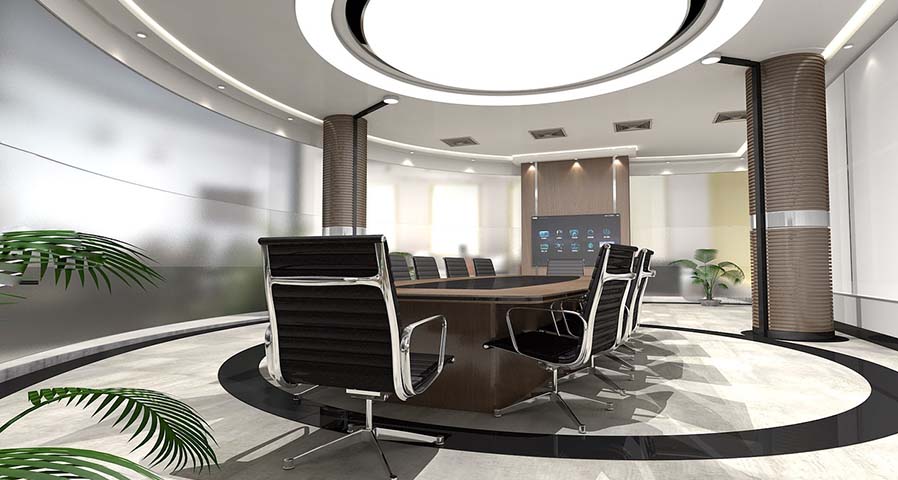
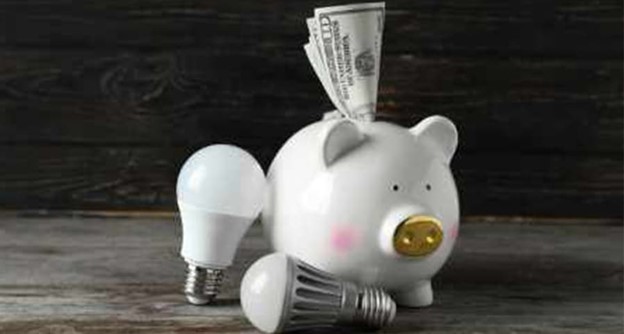
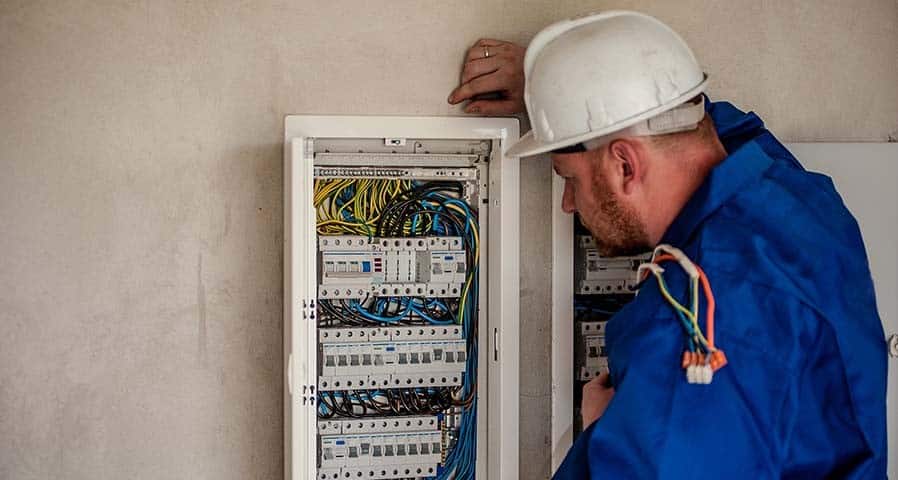
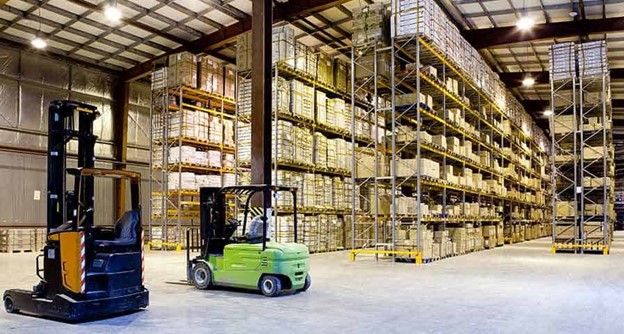
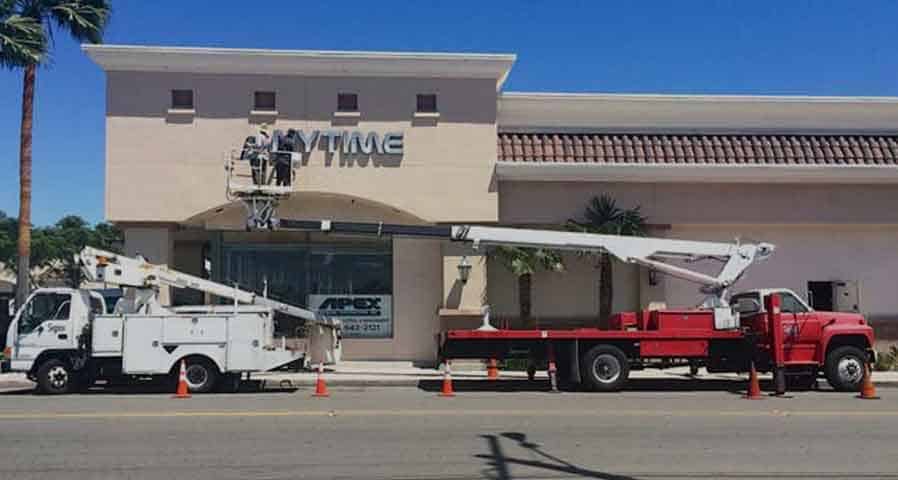

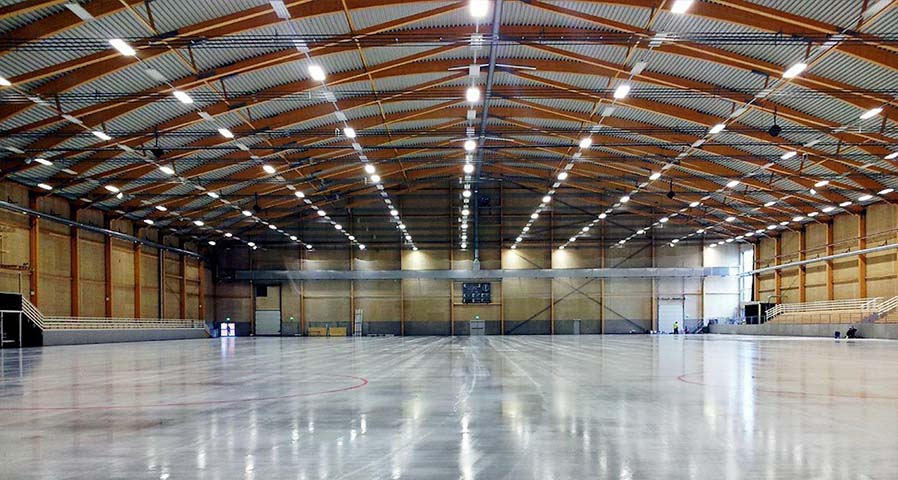
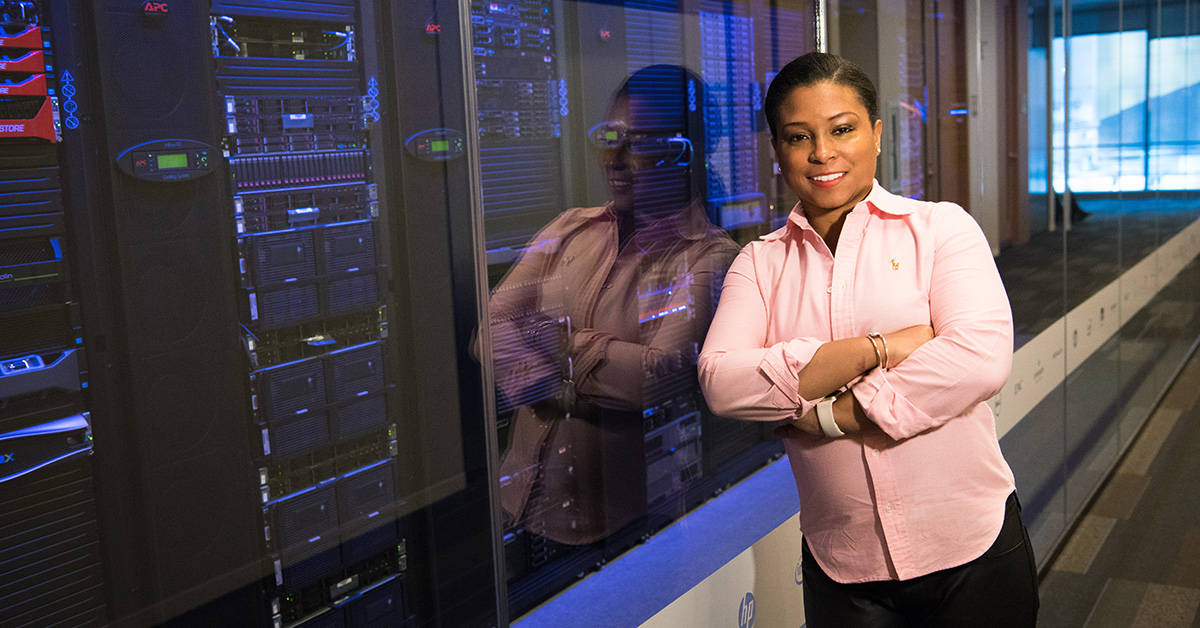






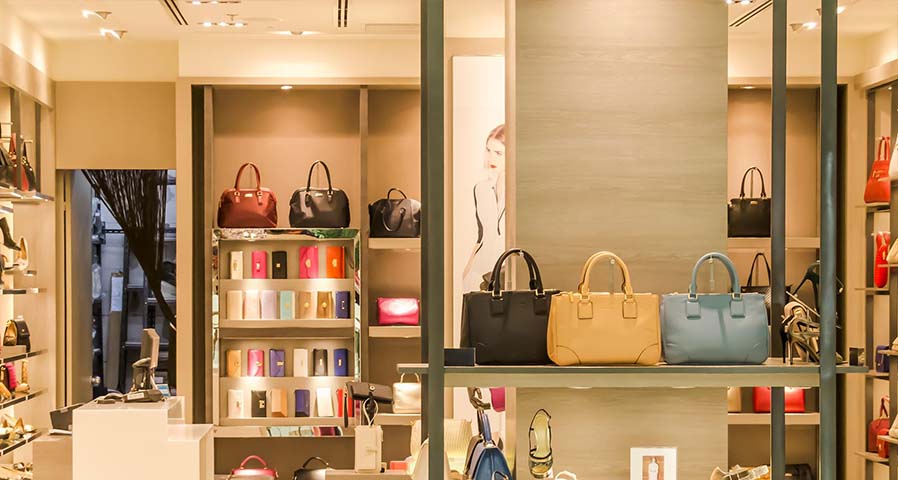
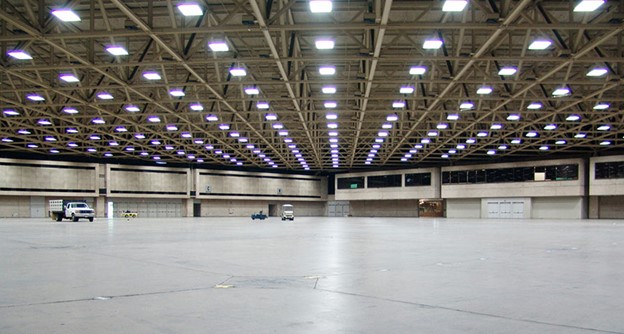
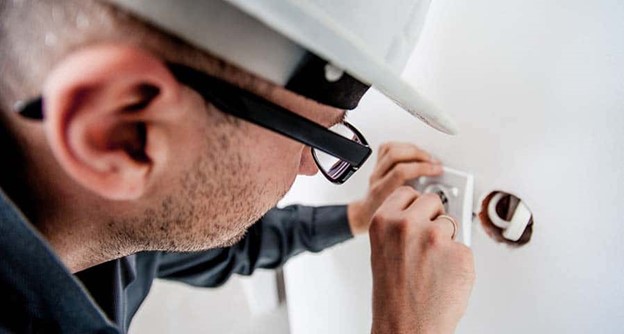
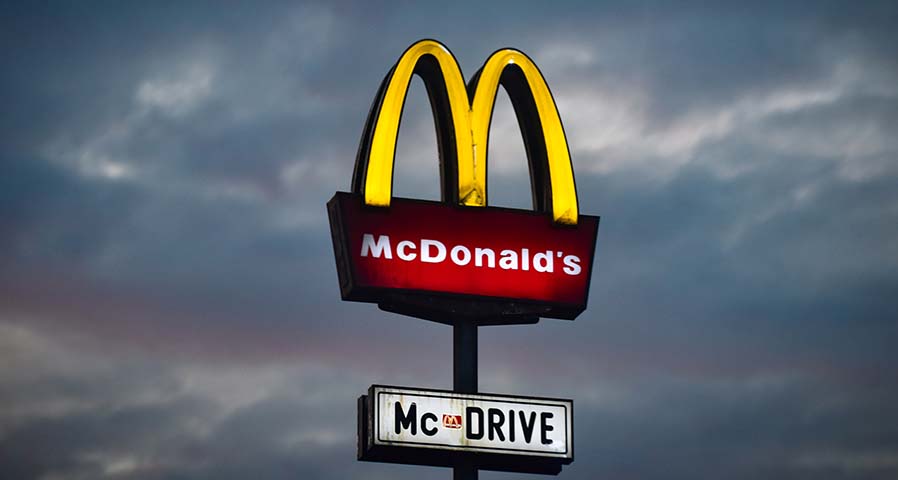
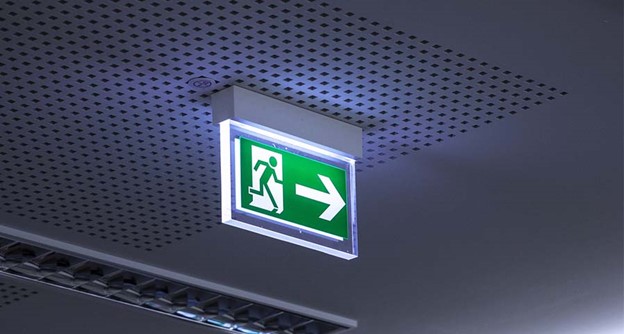
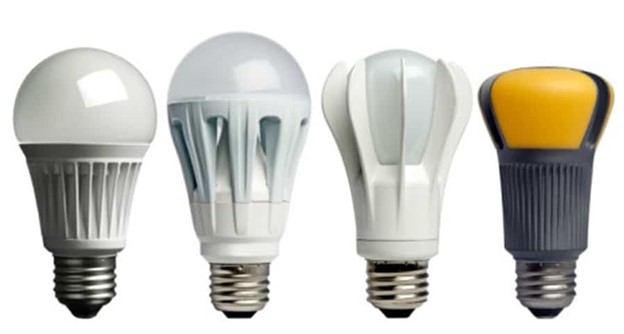
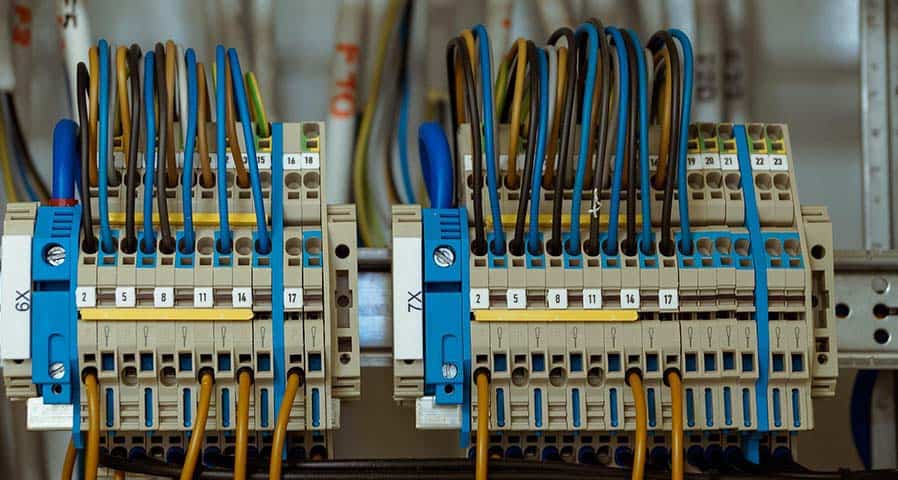
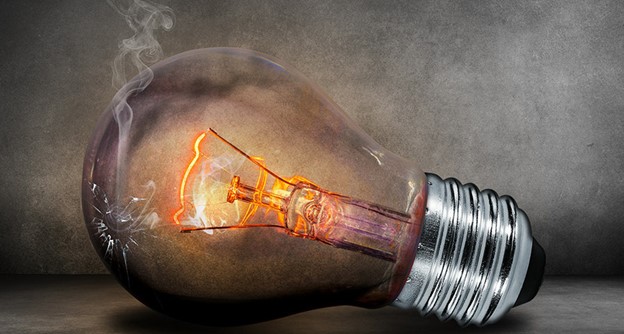
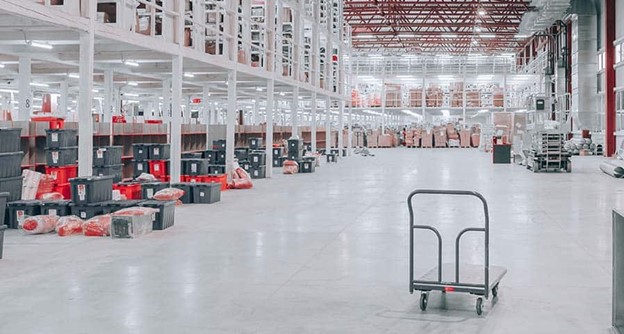

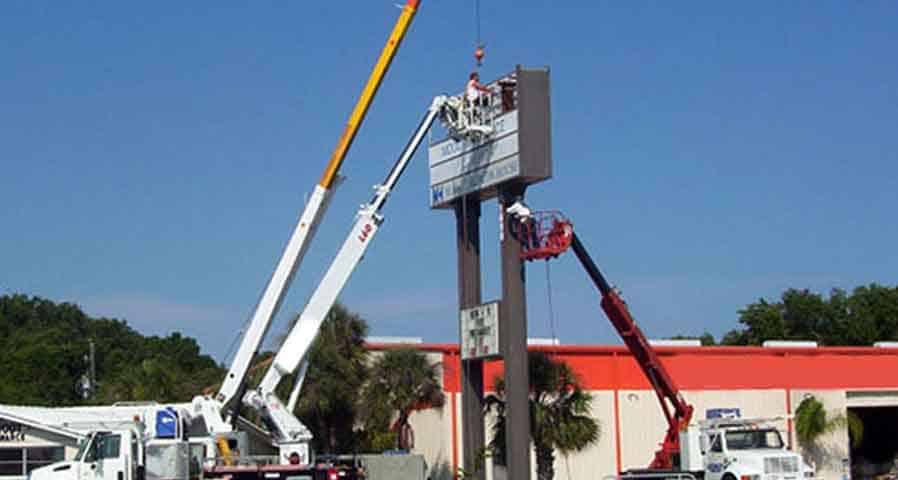

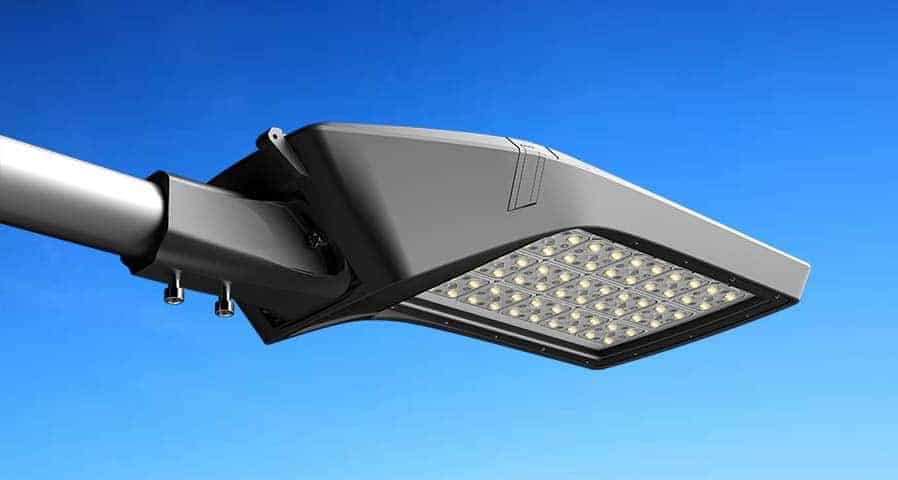
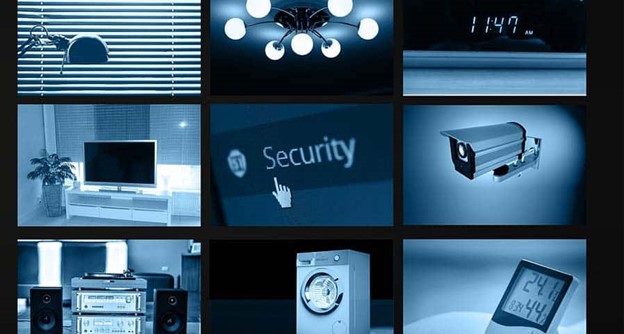
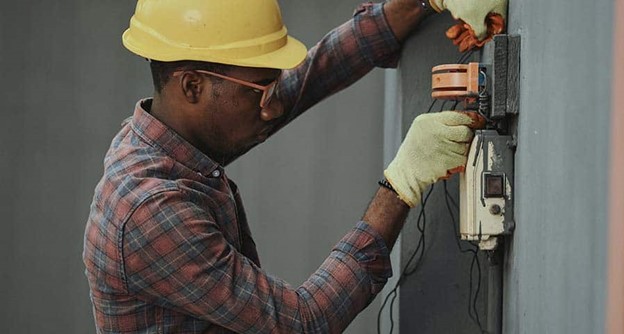
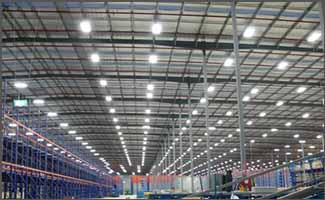
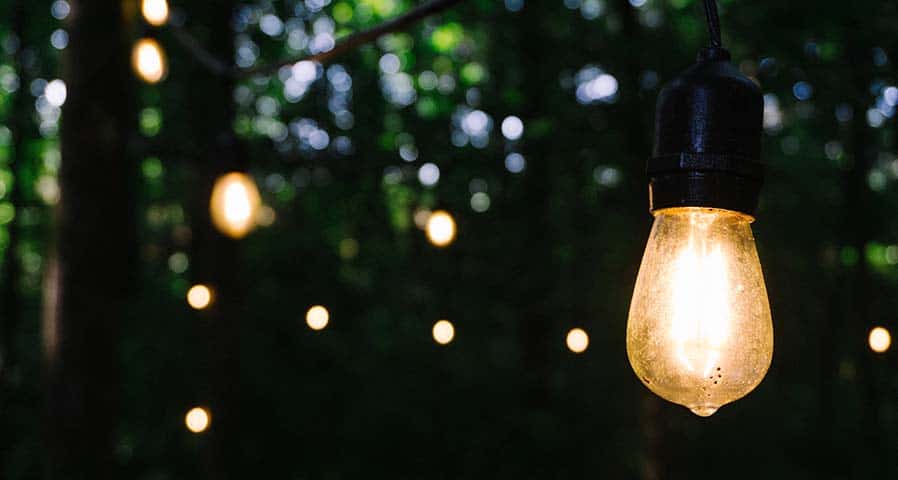


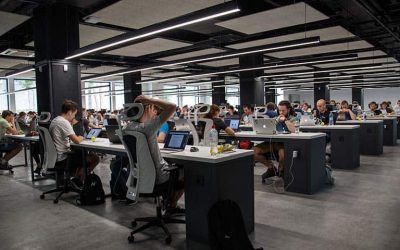





0 Comments